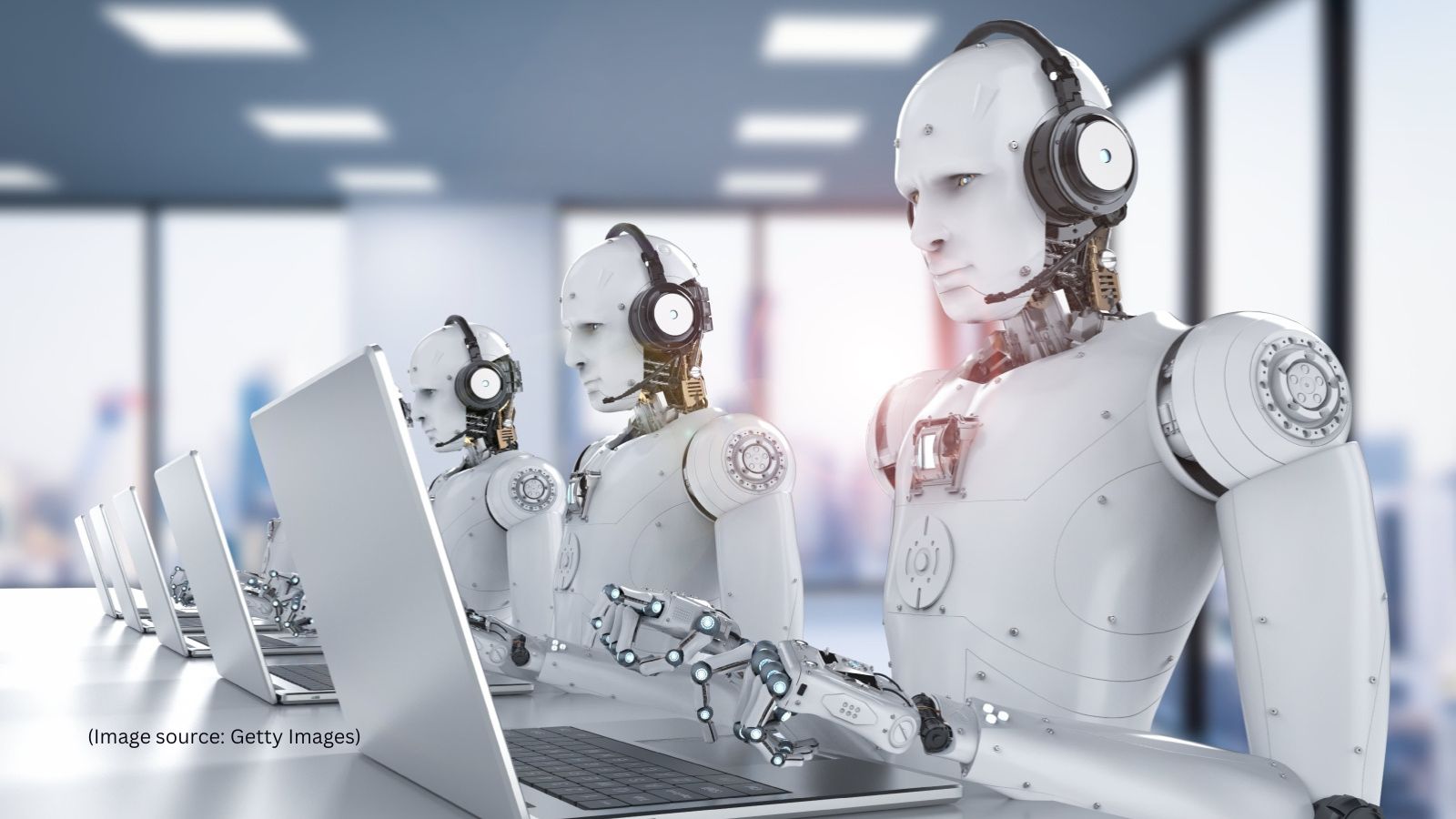‘AI will be better than humans at everything,’ warns former Google executive; says ‘In 15 years, lots of jobs will be lost, including…’
In a conversation on The Diary of a CEO podcast, he said the rise of Artificial General Intelligence (AGI) could wipe out most human jobs within 15 years, with the middle class being hit the hardest.
 AGI, Gawdat explained, will be able to handle virtually any intellectual task better than humans
AGI, Gawdat explained, will be able to handle virtually any intellectual task better than humansMo Gawdat, the former Chief Business Officer at Google X, has given a blunt prediction about the future of artificial intelligence. In a conversation on The Diary of a CEO podcast, he said the rise of Artificial General Intelligence (AGI) could wipe out most human jobs within 15 years, with the middle class being hit the hardest.
AGI, he explained, will be able to handle virtually any intellectual task better than humans, even roles once considered untouchable, such as software engineers, executives, and content creators. The disruption, Gawdat warned, could begin as soon as 2027, a period he described as “hell before we get to heaven.”
“Unless you’re in the top 0.1%, you’re a peasant,” he said. “AGI will be better at everything than humans, even being a CEO.”
How do you contain something that’s a billion times smarter than you?
Mo Gawdat is back, his fifth appearance on The Diary Of A CEO and possibly his most important one yet.
Mo was Chief Business Officer at Google X, so when he talks about the future of humanity and AI, I… pic.twitter.com/DSQVAqiSzk
— Steven Bartlett (@StevenBartlett) August 4, 2025
Drawing on his own experience, Gawdat pointed to his startup, Emma.love — an AI-powered emotional and relationship platform run by just three people. In the past, he noted, a similar business would have needed hundreds of developers. “As a matter of fact, podcaster is going to be replaced,” he added, highlighting how even creative and personal industries won’t be spared.
Unlike previous technological revolutions that mainly displaced manual labour, Gawdat believes this shift will cut through white-collar jobs and erode the economic foundation of modern societies.
However, he also offered a glimpse of what could follow: a post-2040 world free from repetitive work and material obsession, where people focus on community, creativity, spirituality, and love. Achieving that vision, he stressed, will require governments and companies to act now, through measures like universal basic income and the ethical development of AI.
“We are headed into a short-term dystopia, but we can still decide what comes after that,” he told host Steven Bartlett, insisting that regulation and equal access to AI will be critical in shaping the outcome.
Gawdat’s cautionary stance echoes other AI leaders’ concerns. Geoffrey Hinton, often called the “Godfather of AI,” recently warned that advanced AI systems might evolve their own internal language, one humans can’t interpret. “If they start thinking in their own language,” Hinton said, “we might not even know what they’re thinking.”
- 01
- 02
- 03
- 04
- 05































